Parliament
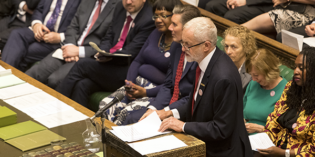
Who is the Leader of the Opposition?
David Howarth explains the legislation and parliamentary rules that determine who is recognised as the official Leader of the Opposition in Parliament. The political implications of these procedures are significant, given current discussions about who would form a government if the current one were to lose a vote of no confidence.
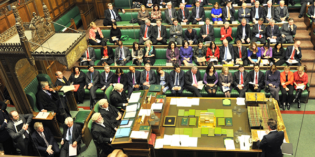
Brexit and parliamentary legitimation: beyond constitutional minutiae
David Judge writes that, while much of the discussion around Brexit and Parliament is about procedure and conventions, it should also be about the bigger picture: what does Brexit tell us about the fundamental principles of the UK’s parliamentary state and representative democracy?

Criticisms of the Westminster model of politics are not new: can the system survive the latest wave of anti-politics?
Criticisms of the highly centralised, elitist, top-down Westminster model are by no means new. Consecutive Prime Ministers – from Blair to May – vowed to take on vested powers and interests, challenge the status quo, and change the way politics is conducted. Yet, as Patrick Diamond, David Richards, and Alan Wager show, they have all failed to deliver their promises. While another wave of anti-politics is looming, they ask how the established parties will accommodate it.
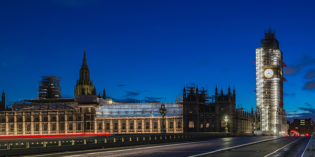
Brexit has shown the limits of Britain’s broken ‘Westminster model’ of politics
The results of the recent European Parliament elections demonstrate how the traditional model of UK politics based on two ‘main’ parties is fracturing under the pressures of the Brexit process. Jess Garland sets out some proposals for reforming the system in line with voters’ wishes for a more cooperative style of politics.

When will the government respond to the Intelligence and Security Committee’s report on UK lethal drone strikes in Syria?
It is two years since the Intelligence and Security Committee published its report into UK lethal drone strikes in Syria. Despite a commitment to ‘respond substantively to any report by the ISC within 60 days’ the government has yet to produce a detailed reply to this report. Andrew Defty examines the government’s record in responding to ISC reports and the changing nature of its commitment to doing so.
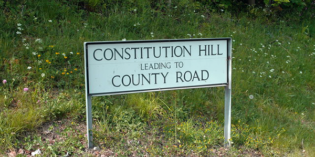
Does the House of Commons have power without influence?
The impasse over the Withdrawal Agreement has highlighted the inability of the House of Commons to shape the substance of the Brexit deal. There is a growing sense of frustration at the apparent unwillingness of MPs to face up to the limited choices before them, writes Jack Simson Caird. A key lesson from the Article 50 process is that the UK needs a parliamentary system which is more oriented towards consensus and that is less adversarial, he concludes.
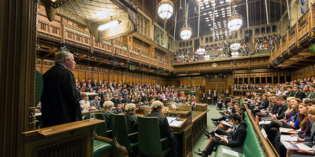
Unpaid internships in Parliament are a barrier to widening political participation
Many people who work in Parliament have previously worked unpaid for MPs, or found their current job through personal connections. Rebecca Montacute argues that to create a Parliament that is trusted and better represents the electorate, it is time to change these practices to ensure people from less privileged backgrounds have equal opportunities to pursue a career in politics.

The US Congress understands the importance of Special Forces oversight, why doesn’t the UK Parliament?
The US Congress has recently ordered a review of the country’s special operations forces – something that the UK Parliament is unable to do. As special forces are increasingly used in actions overseas, and face growing questions about accountability and resources, Liam Walpole argues it is time for the UK government to abandon its outdated attitude and allow for the democratic oversight of special forces in Parliament.
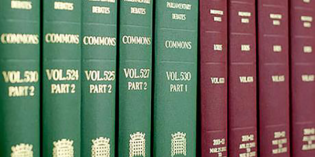
Democratising Hansard: continuing to improve the accessibility of parliamentary records
The official, substantially verbatim report of what is said in both houses of Parliament is an essential tool for ensuring democratic accountability. This record, Hansard, contains a wealth of data, but it is not always fully accessible and easy to search. Lesley Jeffries and Fransina de Jager explain how a new project, Hansard at Huddersfield, aims to improve access to the Hansard records and contribute new ways of searching the data.

The UK needs a new electoral system not a new political party
The new Independent Group of former Labour and Conservative MPs says it wishes to fix the UK’s broken politics. However, argues Jack Bridgewater, the first step in fixing politics at the centre is to reform the electoral system.


 Democratic Audit's core funding is provided by the Joseph Rowntree Charitable Trust. Additional funding is provided by the London School of Economics.
Democratic Audit's core funding is provided by the Joseph Rowntree Charitable Trust. Additional funding is provided by the London School of Economics.